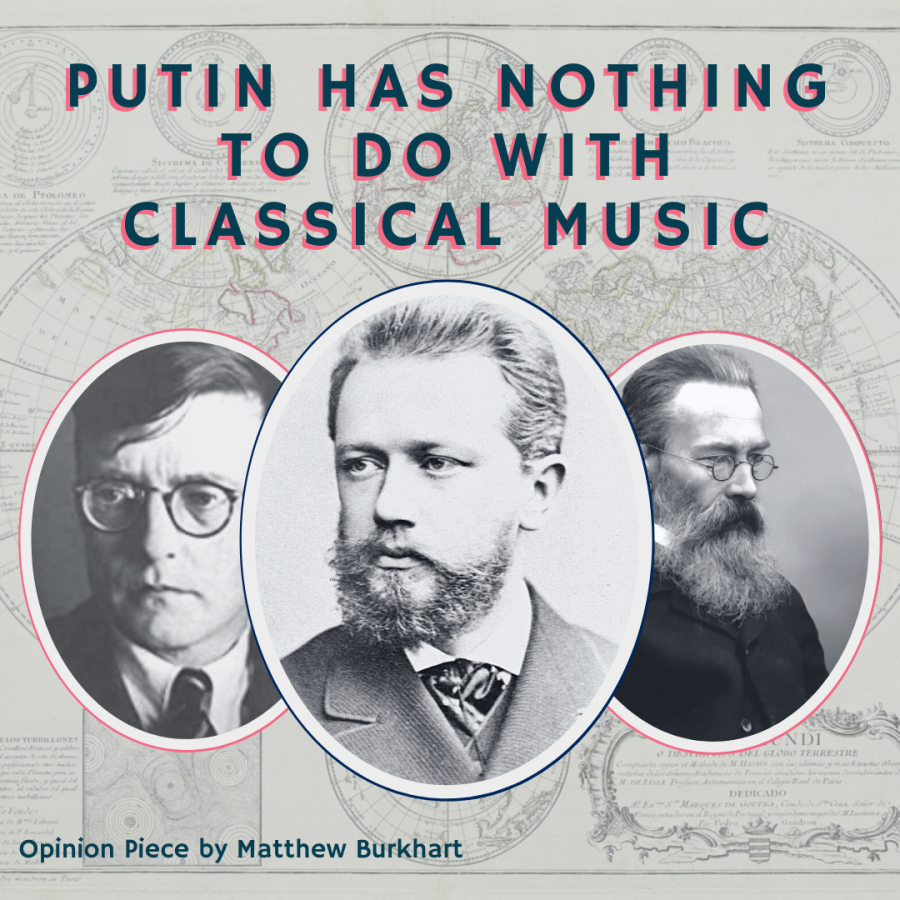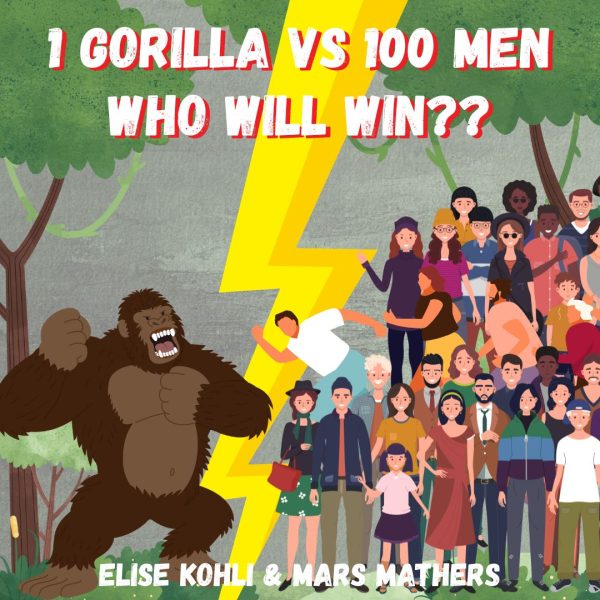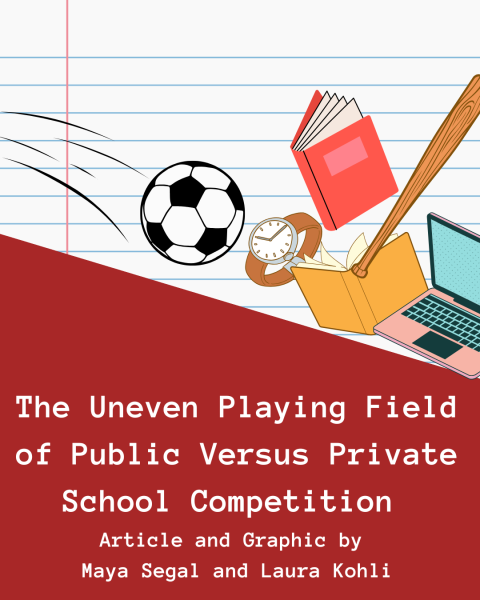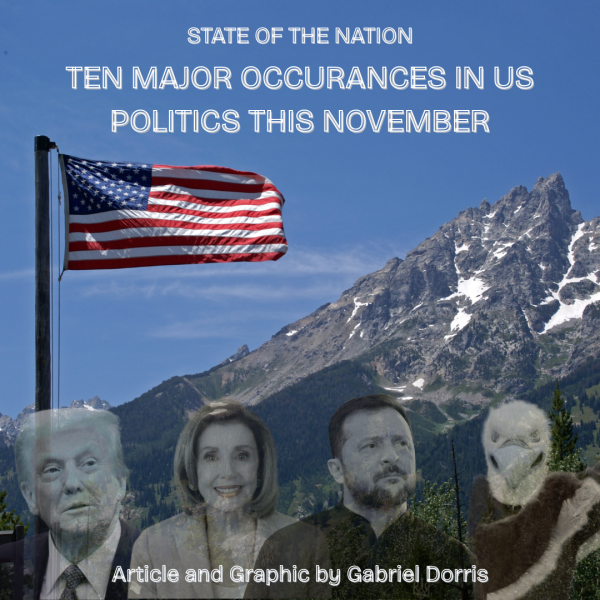Putin Has Nothing to Do With Classical Music
Since Russian President Putin launched his assault on Ukraine, music groups across the Western world have stopped performing pieces by Russian composers, citing that they are doing so in solidarity with Ukraine. But does this action do more harm than good?
To understand this issue is to understand how important Russian music is in the world of classical music. It is without a doubt that every serious orchestra in the world has played works by Nikolai Rimsky-Korsakov or Pytor Ilyich Tchaikovsky because of how legendary their music and legacies have become. This year at Enloe alone, the Symphony Orchestra has performed Rimsky-Korsakov’s Capriccio Espagnole and is currently preparing Tchaikovsky’s 4th Symphony for their next concert on May 6th. The Wind Ensemble also performed Dmitri Shostakovich’s “Festive Overture” in their MPA performance. “I can only imagine if this was happening during the winter with the Nutcracker,” said Ms. Ju, Enloe’s orchestra director, highlighting the importance of Russian music in the culture of Christmas.
To reduce music to something that can be taken away, a punishment or a sanction, is incredibly harmful to the nature of music. “It’s the one thing in this world that doesn’t have any boundaries,” said Ms. Ju. “The same pieces are performed all over the world; you can go to a different country and still play the same instrument. It is a different language per se, in the sense of you have to learn how to read it, and you have to learn how to play it, but it knows no boundaries.”
It is especially counterproductive that Tchaikovsky and Shostakovich are being censored in the West, as they were censored in Russia as well. Tchaikovsky, who was born in Czarist Russia in 1840, had personal letters of his censored by the Soviet government when they took power, as the government wanted to hide any evidence that proved Russia’s most famous composer was gay. Shostakovich, although being a Soviet officer, was bullied, censored, and threatened by his government during his entire musical career for his modern style and daringly anti-nationalist undertones. He frequently had concerts and works canceled, delayed, or banned if the music wasn’t to the government’s liking. Shostakovich lived in fear during the Great Purge, as his close friends and family died at the hands of Joseph Stalin’s regime.
Not only are long-dead Russian composers being censored, but other trailblazers are as well. Recently, the US-based Space Foundation renamed a major fundraising event from “Yuri’s Night,” to “A Celebration of Space: Discover What’s Next.” Yuri Gagarin was the first human to travel to space in his groundbreaking orbit in 1961. This decision was made “in light of current world events,” and only further proves the fact that many Western groups are trying to suppress Russian culture, not the actions of the government. After all, what does Yuri Gagarin have anything to do with Putin invading Ukraine?
While it’s easy to stop playing Russian music by calling it ”inappropriate at this time,” as the Cardiff Philharmonic Orchestra did, it’s important to note that censoring Russian music is an act of suppressing Russian culture.
With an increasing number of facets around the world suppressing Russian culture, it is crucial to call out the harmful and counterproductive nature of these movements. While they may be doing this with good intentions, suppressing cultures has never had an unharmful outcome, such as the subsequent harassment and beatings of German-American people during WWI when teaching the German language and performing German music was banned. To enjoy classical music is to enjoy Russian music, and Putin has nothing to do with it.
Your donation will support the student journalists of Enloe Magnet High School, allowing us to cover our annual website costs. We are extremely grateful for any contribution, big or small!

(He/him)
Matthew is a senior and is very excited to be the news editor this year! He loves writing about political issues and local news. Outside of...











